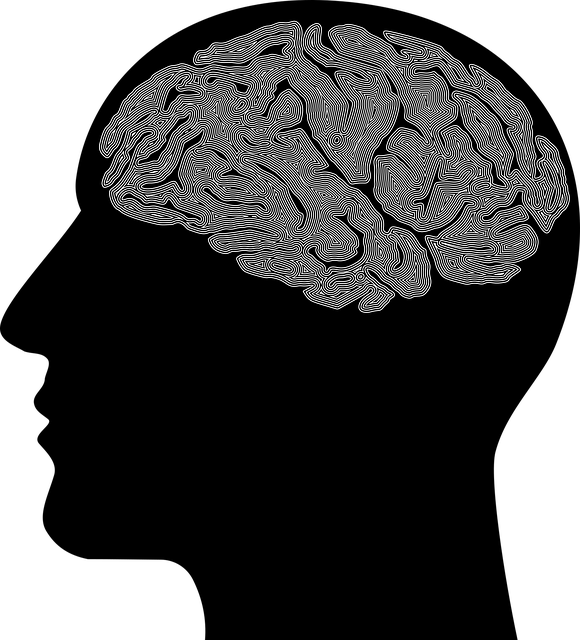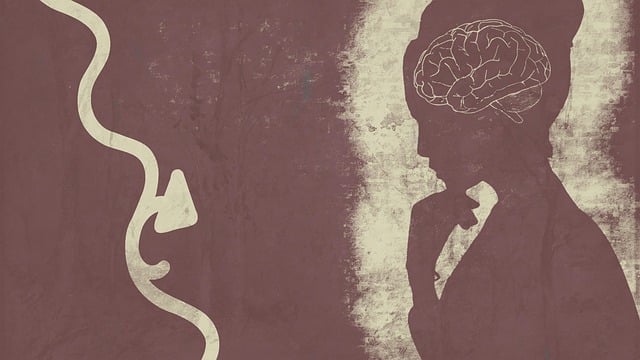Mental health advocacy initiatives thrive through community engagement, fostering open dialogue and breaking down stigma. Castle Rock EMDR Certified Therapy is a key player in this effort, offering evidence-based trauma healing using Eye Movement Desensitization and Reprocessing (EMDR). Combining therapy with education, workshops, and public awareness campaigns, these programs empower individuals to manage stress, build inner strength, and recover from various traumas. Targeted initiatives reach at-risk populations, including rural areas and culturally marginalized communities, providing strategies for resilience and long-term mental well-being.
Mental health advocacy initiatives play a pivotal role in fostering well-being within communities. This article explores various facets of this crucial work, from understanding the core principles of mental health advocacy to highlighting innovative practices like Castle Rock EMDR Certified Therapy, a powerful tool for trauma healing. We delve into strategies for building awareness and education, while also emphasizing the importance of targeted initiatives to support at-risk populations.
- Understanding Mental Health Advocacy: The Role of Community Engagement
- Castle Rock EMDR Certified Therapy: A Powerful Tool for Healing Trauma
- Building Awareness and Education: Strategies for Effective Advocacy
- Supporting At-Risk Populations: Targeted Initiatives for Lasting Impact
Understanding Mental Health Advocacy: The Role of Community Engagement

Mental health advocacy initiatives thrive on community engagement, fostering an environment where open conversations about mental wellness are encouraged. This involves empowering individuals to recognize and support one another, breaking down barriers associated with mental illness stigma. By actively involving communities, especially through platforms like Castle Rock EMDR Certified Therapy, we create safe spaces for education, awareness, and understanding. These initiatives aim to equip people with the tools for stress management, promoting inner strength development and resilience.
Community engagement also facilitates the dissemination of accurate information about various mental health conditions, dispelling misconceptions prevalent in society. The collective effort reduces the isolation often experienced by individuals struggling with their mental health, encouraging them to seek help without fear of judgment. This collaborative approach is pivotal in Mental Illness Stigma Reduction Efforts, ensuring that everyone has access to support and resources needed for optimal well-being.
Castle Rock EMDR Certified Therapy: A Powerful Tool for Healing Trauma

Castle Rock EMDR Certified Therapy offers a transformative approach to healing trauma, making it a significant advancement in mental health advocacy. Eye Movement Desensitization and Reprocessing (EMDR) is an evidence-based therapy that helps individuals process traumatic memories and reduce their emotional impact. By combining eye movements with guided recall of the traumatic event, this technique facilitates the brain’s natural healing process, allowing clients to reprocess disturbing memories and gain a new perspective.
This innovative method has proven effective in addressing various forms of trauma, from post-traumatic stress disorder (PTSD) to complex emotional distress. By integrating Castle Rock EMDR Certified Therapy into mental health care practices, professionals can provide cutting-edge treatments that enhance recovery outcomes. Additionally, public awareness campaigns around EMDR and its benefits contribute to destigmatizing mental health issues and encourage individuals to seek the help they need for a more fulfilling life.
Building Awareness and Education: Strategies for Effective Advocacy

Building awareness and education is a cornerstone of mental health advocacy, and Castle Rock EMDR Certified Therapy plays a vital role in this strategy. By integrating evidence-based practices like Eye Movement Desensitization and Reprocessing (EMDR), therapists can effectively address trauma and promote healing, thereby fostering a deeper understanding of mental health issues within the community. This specialized therapy approach has been recognized as transformative, helping individuals process traumatic memories and develop healthier coping mechanisms.
Mental health education programs designed with this advocacy in mind should focus on both personal growth and collective awareness. Encouraging self-care routine development for better mental health is key, teaching individuals practical strategies to manage stress and maintain resilience. Through workshops, community events, and accessible online resources, Mental Health Awareness initiatives can reach a wide audience, breaking down stigmas and promoting open conversations about emotional well-being.
Supporting At-Risk Populations: Targeted Initiatives for Lasting Impact

Supporting At-Risk Populations through targeted initiatives is a key aspect of mental health advocacy. These efforts aim to reach and assist individuals who are often marginalized or face unique challenges, such as those living in rural areas or facing cultural barriers to care. Castle Rock EMDR Certified Therapy, for instance, has shown promise in treating trauma among underserved communities. By integrating evidence-based practices like Mindfulness Meditation and Social Skills Training within Community Outreach Programs, we can achieve lasting impact. These initiatives not only provide immediate relief but also empower individuals with coping mechanisms that promote long-term mental well-being.
Mental health advocacy initiatives, such as Castle Rock EMDR Certified Therapy, play a pivotal role in fostering community engagement and providing powerful tools for healing trauma. By combining education, awareness, and targeted support for at-risk populations, we can create lasting positive impacts. Building a supportive landscape requires collective efforts to dispel stigma and ensure everyone has access to the resources they need for optimal mental well-being.














